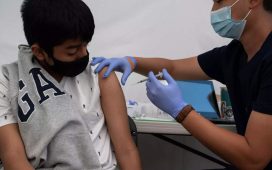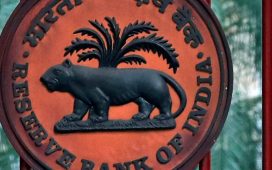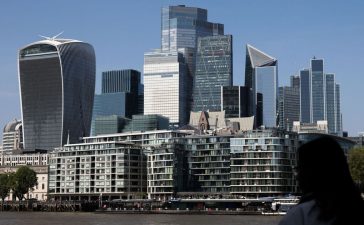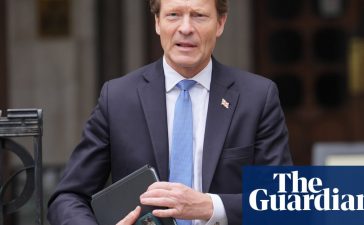
She said countries are certainly becoming more selective about their trading partners.
“In that sense, India is in a bit of a favoured position because for many countries, India is an attractive country to work with in terms of diversifying their trading partners… so that plays a beneficial role for India,” Gopinath told ET.
India, she pointed out, also stands to benefit from initiatives on reducing friction in services trade at the World Trade Organization. She stressed that India, like every other country, should forcefully push for a multilateral rules-based trading system.
This would benefit the whole world, Gopinath said, adding, “We certainly are in an environment where countries are rethinking the benefits of trade and integration. This is a source of worry for a multilateral institution like the IMF.”
Asked about a view that India faces the risk of falling into the middle-income trap, she said the concept goes back a long way. “This is something that has been around. It’s basically just an empirical observation that most countries grow in the middle-income status and then have a hard time graduating into highincome states,” she said.“There are a couple of countries we can think of — South Korea and Singapore — that have managed to escape and move into high-income status… Keeping up this reform on a yearly basis can be difficult (but) I think if a country can do that, it can certainly graduate into high-income status,” she said.Policies can make a difference if a country can sustain structural reforms on a continuous basis, said the Fund’s first deputy MD.
Gopinath observed that given the stage of development India is at, the more it does in terms of building human capital, education, skilling and healthcare to be able to continue raising livelihoods and ease of doing business, as well as improving regulatory environment and judicial efficiency, the more it will aid growth.
She stressed upon land and farm sector reforms as another set of essential focus areas to keep the growth momentum going.
Prime Minister Narendra Modi has set a goal of India becoming a developed nation by 2047.
IMF in July raised India’s FY25 growth projection to 7%, from 6.8% forecast in April, on the back of improved prospects for private consumption, particularly in rural areas.










